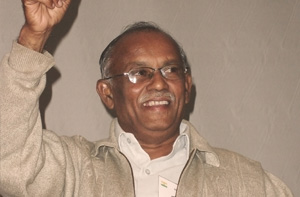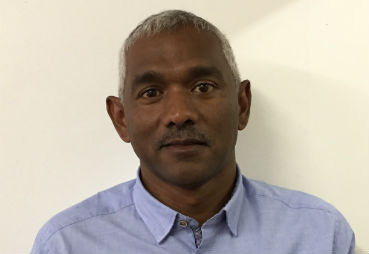
Shack/Slum Dwellers International (SDI) is a network of community-based organizations of the urban poor in 33 countries in Africa, Asia, and Latin America. It was launched in 1996 when federations of the urban poor in countries such as India and South Africa agreed that a global platform could help their local initiatives develop alternatives to evictions while also influencing the global agenda for urban development.
In each country where federations operate, they mobilize around core SDI practices and principles to build a voice and collective capacity in urban poor communities. This is SDI’s Know Your Community work.
Organized federations throughout the SDI network profile, map, and enumerate their settlements to gather invaluable planning data and catalyze community action and partnerships. SDI’s Know Your City website combines hard data and rich stories from urban poor communities in 224 cities across the Global South.
Federations use their data and collective capacity to co-produce solutions for slum upgrading. These projects make up the third category of SDI’s work—Improve Your City.
Inclusive, “pro-poor” cities where residents of informal settlements are thought of not as hotbeds of crime and disease, but as engines for development strategies.
Network Growth
Residents of increasing numbers of slums organize and affiliate with the network, ultimately managing their own savings and development groups and political agendas.

President, Slum Dwellers International
Often called the “grandfather” of the global slum dwellers movement, Jockin Arputham was educated by the slums, living on the streets for much of his childhood. After working as a carpenter in Mumbai, he became involved in organizing his community. In the 1970s, founded the National Slum Dwellers Federation of India, and later, helped to found Slum Dwellers International (SDI) so that federations of slum and shack dwellers in more than 20 countries could support and learn from each other. Federations share information on how to organize; how to engage in participatory planning; how to ensure women’s involvement in community participation, savings and credit; and how to access water and sanitation. SDI works to have slums recognized as vibrant, resourceful, and dignified communities—equal partners with governments and international organizations in the creation of inclusive cities.



